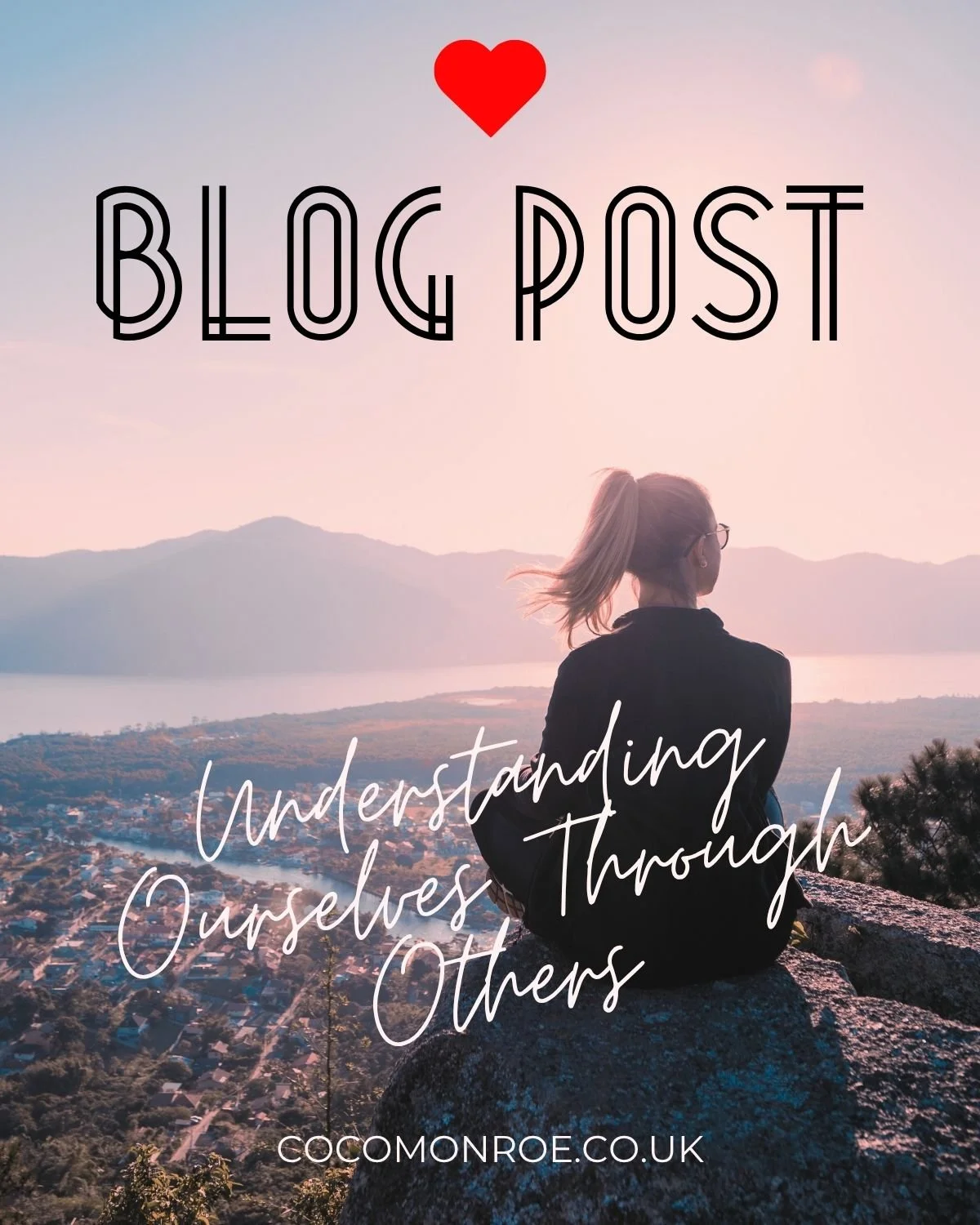Understanding Ourselves Through Others
Have you ever noticed a time when conflict helped you understand yourself better?
Conflict is uncomfortable, but it’s also something every one of us experiences—often with the people we care about most.
We all want to feel good about ourselves, and we all want to be loved. However, it is inevitable that we will have disagreements when we don’t see eye-to-eye with another person. Maybe it’s a friend who snapped at you in rehearsal, or a family member who misunderstood your intentions. Situations like this can be stressful, we cannot seem to find common ground and feel entrenched in our opinions, believing we are ‘right’. These disagreements can bring up uncomfortable feelings of discord, rejection, anger, frustration and judgement to name a few. However, these situations are often our greatest catalysts for growth.
When we find ourselves at loggerheads with someone, it is so easy to act from that feeling of hurt. However, if we can, it is great advice (which I still don’t always remember in time myself!) to take a breath, step back, change your activity, get some space, and revisit it later when we are feeling more calm. Then try to put ourselves in that other person’s shoes and understand where they are coming from. Even if we believe them to be wrong, they don’t, and it is important to validate their feelings and let them feel heard. Hopefully this act of grace will be reciprocated, and it starts a more amicable communication channel where both parties can try to find a resolution.
Sometimes we don’t realise how we come across to others, and honest feedback can be incredibly valuable if we’re open to hearing it. It takes strength to face our flaws, admit when we’re wrong, and take responsibility for our part in a conflict. Swallowing our pride doesn’t make us weak. And in most disagreements, there is no true “winner” or “loser”—just two perspectives that both deserve to be heard. When both people are honest and coming from a place of integrity, they both grow and walk away feeling better. And of course, it’s equally important to remember that not every relationship needs reconciliation; sometimes healthy boundaries are the most loving choice.
We know when we are being dishonest with ourselves. There is a niggling feeling that eats at us from inside, and we know deep down when we are in the wrong. It takes self reflection and honesty to be able to face these parts of ourselves that are often called ‘Shadow Selves’. The shadow, according to Carl Jung, is the part of ourselves we don’t want to look at — the traits we reject, deny, or push away. That resistance is often what creates inner conflict. When doing this kind of introspection work, I recommend doing it after a meditation on unconditional love; because it is important that we approach our healing work with love and not judgement.
If we do find ourselves in the wrong or with an ugly flaw, it is important not to feel shame, but give ourselves understanding, forgiveness and love. That way, we can own the mistake without feeling like we are awful people. I like to tell my daughter that the action was bad, not the person. We all make mistakes, and we are all different with different perspectives, and that is okay. Some personalities may not be your cup of tea, but not everyone is going to like you either, and that is okay too. As long as we love and honour ourselves as much as we do others, and course correct when we find we stray from this, then we are doing a-okay.
I just thought I would share this musing while I was reflecting on my own growth and situations. Growth isn’t about being perfect—it’s about returning to love, for ourselves and others, again and again.
Sending love always, Coco x
